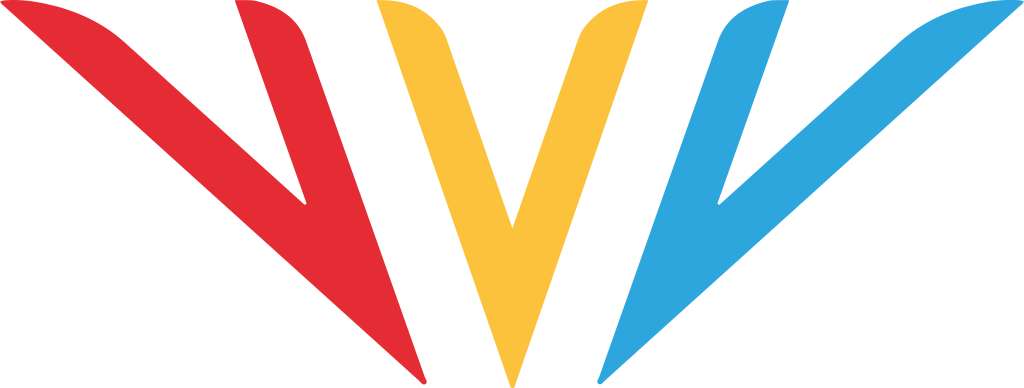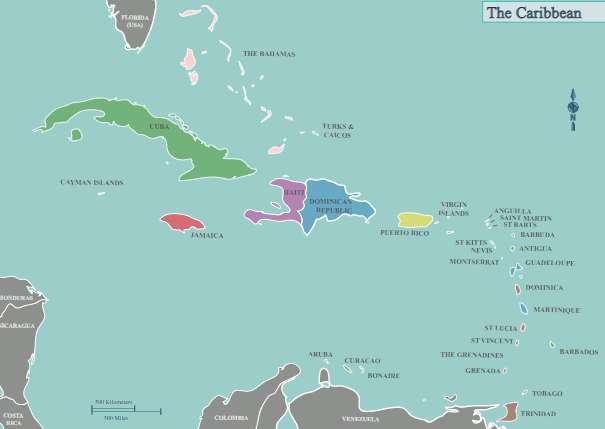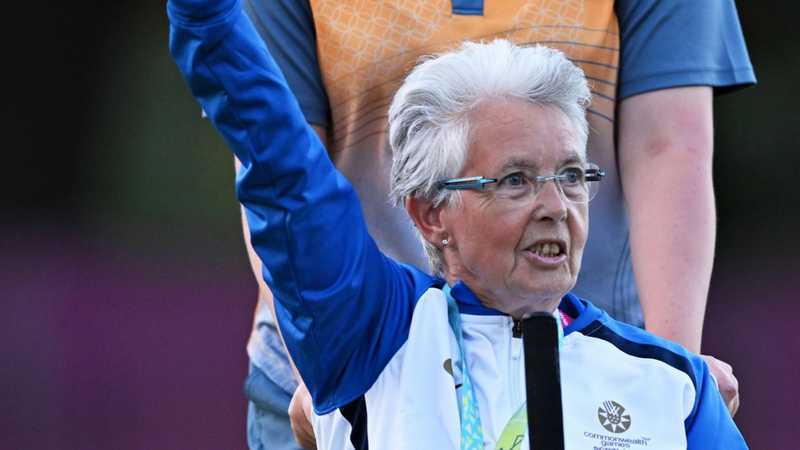
After a long wait, the 22nd Commonwealth Games are ready to begin in Birmingham. The opening ceremony will take place on Thursday 28 July, which will mark the official start of 11 days of thrilling competition, concluding on 8 August. These Games have been in the making for over four years and will be the third time that they have been held in England, following London in 1934, and Manchester in 2002.
There will be 72 teams competing from countries, territories, and dependencies right around the globe. Additionally, this time disabled events will be included, making it the first ever fully inclusive international multi-sport contest. There will be 270 events taking place (136 for women and 134 for men), with competitors striving to land those coveted medals and the expected worldwide television audience will top a staggering 1.5 billion people, such is the remarkable interest that these Games generate.
Most successful nations
It is wonderful when some of the tiny nations and dependencies manage to grab an unexpected medal, but they are unlikely to threaten a place near to the top of the medals table, where the top six are very often the same, albeit in slightly different orders depending where the competitions are held:
- South Africa have been the most successful at these Games of all the competing African nations over the years. They have picked up 389 medals in total, 130 of which have been of the gold variety. Of course this tally would be far more impressive were it not for their removal from the games between 1961 and 1994, due to the country’s apartheid policy during those times.
- New Zealand have won 159 gold’s from a total of 657 medals and are sure to feature heavily here once more.
- India may have won less medals than the Kiwi’s (502 in total), but are ahead of them in a success table, courtesy of their 182 gold’s, giving them a very impressive ratio.
- Canada have been involved in every Commonwealth Games, since hosting the very first one back in 1930. They have won 1,555 medals in all that time, with 484 of them being gold.
- England are second in the success stakes, collecting a fabulous 714 gold medals out of a hugely impressive haul of 2,144. They would love to top the table come the 8th August as host nation, but even were they to do so, it would still leave them short of being the most successful country at all the Commonwealth Games combined.
- Australia take that honour, racking up an amazing 932 gold medals out of a staggering 2,416 in total. They are favourites to do so again this time around, and it would be a brave person to bet against them.
The opening ceremony
The opening ceremony of the Games promises to be a spectacular affair, as the local West Midlands talent showcase themselves, in front of the expectant audience which will be gathered in the Alexander Stadium in Birmingham, and all those watching around the world. There has been over 200 production volunteers and 30 professional staff, making around 3,500 costumes for the extravaganza, with the headline act for the evening’s entertainment, being 1980’s chart-toppers Duran Duran, performing in their home-town, alongside Tony Lommi of Black Sabbath fame, and the City of Birmingham Symphony Orchestra, consisting of over 1,000 members.
During the ceremony, flags of all the competing nations will be hoisted, and the athletes will parade around the stadium. It will also conclude the Queen’s baton relay, which has been on the road since the beginning of October 2021, and will have visited all 72 countries and dependencies in the past nine months, when it makes its final stop. A closing speech by a representative of Her Majesty the Queen, will finally declare the Games officially open.
Competing Countries, Territories and Dependencies
The inaugural Commonwealth Games attracted just 11 participants and that number has steadily grown over the decades since, to a current grand total of 54 Nations and a further 18 Territories or Dependencies, taking part at these Birmingham Games. Six of them have been present at every one of the previous 21, those being: Australia, Canada, England, New Zealand, Scotland and Wales.
The remaining 66 are: Anguilla, Antigua and Barbuda, Bahamas, Bangladesh, Barbados, Belize, Bermuda, Botswana, British Virgin Islands, Brunei, Cameroon, Cayman Islands, Cook Islands, Cyprus, Dominica, Eswatini, Falkland Islands, Fiji, Ghana, Gibraltar, Grenada, Guernsey, Guyana, India, Isle of Man, Jamaica, Jersey, Kenya, Kiribati, Lesotho, Malawi, Malaysia, Maldives, Malta, Mauritius, Montserrat, Mozambique, Namibia, Nauru, Nigeria, Niue, Norfolk Island, Northern Ireland, Pakistan, Papua New Guinea, Rwanda, Samoa, Seychelles, Sierra Leone, Singapore, Solomon Islands, South Africa, Sri Lanka, St Helena, St Kitts and Nevis, St Lucia, St Vincent and the Grenadines, Tanzania, The Gambia, Tonga, Trinidad and Tobago, Turks and Caicos Islands, Tuvalu, Uganda, Vanuatu, and Zambia.
What sports are being contested?
The 11 days are going to be almost none stop action in what will be the biggest sports event to be held in the UK since the 2012 Olympics in London, and will include 286 sessions, across 19 different sports, as well as a further 8 Para sports, in a mammoth schedule, that promises not just excitement, but records broken, possibly on a daily basis.
The sports being contested are: swimming; diving; athletics; badminton; beach volleyball; boxing; T20 cricket; cycling in the road race, mountain bike, and track disciplines; gymnastics in the rhythmic and artistic disciplines; hockey; judo; lawn bowls; netball; rugby sevens; squash; table-tennis; triathlon; wrestling; and weightlifting. Additionally, there is the fully integrated para sports programme too, which consists of: para swimming; para athletics; wheelchair basketball; para track cycling; para lawn bowls; para powerlifting; para table tennis; and para triathlon.
For the first time these Games will feature more medal events for women competitors, than for men.
Athletes village
Going against normal practice and to some nations’ initial alarm, the athletes village for these Games is actually… three villages! The athletes and team officials will be housed in what has been described as “campus” villages. The smallest of the three will see around 1,600 accommodated at the NEC Hotel Campus. In the region of 1,900 will make The University of Warwick their “home” for the duration of their stay, whilst approximately 2,800 will make themselves comfortable at the principal village, at the University of Birmingham.
Early scepticism was eased when delegates working on behalf of the competing nations, were given guided tours around the sites and the overwhelming reaction was extremely positive, with many believing it to actually be a better arrangement, than previously experienced at other Games.
Games venues
There are 14 different venues and locations at which the sports will take place, and all but one of them are in and around the Birmingham and West Midlands area.
- The main venue, and that which will host the opening and closing ceremonies, plus all the Athletics and Para-Athletics, is the Alexander Stadium, in Perry Barr, Birmingham. It has a capacity of 30,000 and should be packed every day, judging by the interest for tickets.
- The Arena, Birmingham (formally referred to as the National Indoor Arena) will host the Artistic and Rhythmic Gymnastics; it has previously held the European Championships in Gymnastics and World Indoor Athletics, so is well versed in the organisation of top class competitive sport. It has a capacity of 15,800.
- Cannock Chase Park will play host to the Mountain Biking. It is the most northerly of venues for the Games, but is less than 30 miles from Birmingham. A brand new cycle trail has been created and a crowd of more than 2,000 is expected to attend the event.
- The Coventry Arena will be where the Rugby Sevens are contested, along with the Judo and Wrestling competitions. The ground, which is home to the local Championship football team, has a capacity of 32,000.
- Edgbaston is a Test Match ground and home of Warwickshire County Cricket Club. It is here that the Women’s T20 cricket competition will take place. It can hold up to 25,000 spectators.
- The National Exhibition Centre (NEC) just a few miles out of the city centre, will be the busiest of all the venues, with Badminton, Boxing, Table Tennis, Para-Table Tennis, Weightlifting, Para-Powerlifting and Netball, all scheduled to take place in this impressive complex. It is here that one of the Athletes Villages will be located.
- The Sandwell Aquatics Centre, in Smethwick just outside the city centre, is a brand new building and will be where the Swimming and Diving takes place. There are 1,000 permanent seats, but additional seating has been brought in for the Games to boost capacity still further.
- Smithfield in the centre of Birmingham, will be home to the Beach Volleyball, as well as the Basketball and Wheelchair Basketball, with up to 4,000 seats available.
- St Nicholas Park in Warwick is where the Road Race Cycling is going to start and finish. This is also close to another of the Athletes Villages, where presumably all the riders will be based.
- Sutton Park in Sutton Coldfield is where the Triathlon and Para-Triathlon will be competed. It is a 2,400-acre national nature reserve and is considered to be one of the largest urban parks in Europe, with seven separate lakes, the biggest of which is being used for the swimming discipline here.
- The University of Birmingham will be the venue for the Hockey and Squash, as well as being the third and principal “Athletes village.” There are 6,000 seats around the main pitch and room for more than 2,000 in the indoor squash arena.
- Victoria Park at Leamington, less than 40 miles from Birmingham, is the site for the Lawn Bowls and Para-Lawn Bowls. The park is expected to attract over 3,000 fans throughout the duration of the competitions.
- West Park in Wolverhampton is where the Cycling Time-Trials will take place. The park is over 140 years old and it will be packed out with spectators, as the riders race against the clock.
- Lee Valley Velo Park is the only venue outside the West Midlands for the Commonwealth Games 2022. It is here that the Track Cycling and Para-Track Cycling will be held in front of a capacity 6,750 crowd, at the Queen Elizabeth Olympic Park, in London.
Mascot
No major Games, be that Olympic or Commonwealth, would be complete without its own official mascot. For Birmingham 2022, a bull decorated with a patchwork of rainbow hexagons, to represent the diversity across all of the Commonwealth, and the communities of the city and its surrounding districts, has been awarded the honour. He will perform the necessary mascot duties, for all of the build up and of course the duration of the entire event.
He has been named “Perry” after the district of Perry Barr, where the Alexander Stadium is located, and he wears a medal, designed to reference Birmingham’s iconic Jewellery Quarter; whilst his kit includes red, blue and yellow stripes, which are the colours of the city’s official flag.
The bull is the animal which is synonymous with Birmingham history, having had a bull ring market for hundreds of years in the city.
Closing Ceremony
After 11 days of top class competition, the Games will come to a close on August 8, with what promises to be another spectacular display in the official Closing Ceremony. All 72 competing Nations, Territories, and Dependencies will be present at the Alexander Stadium for a 2 hour show, before the Commonwealth Games Federation flag is handed over to representatives of the State of Victoria, Australia, the hosts of the 2026 and next Commonwealth Games.





0 Comments